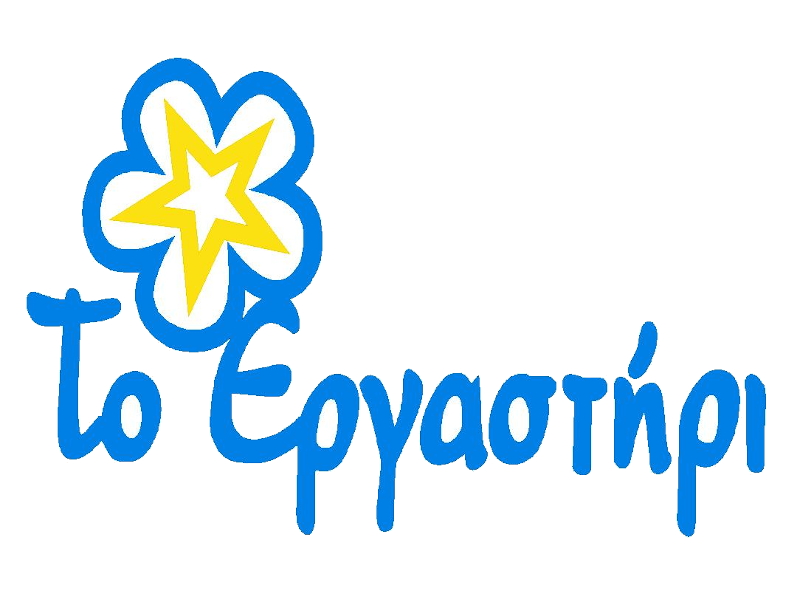Stop ☹ it’s my own

Sexual Abuse of People with Mental Disability is a real problem that is shocking but quickly forgotten. The World Health Organization reports (2017) that people with disabilities are four times more likely to be victims than the general population.
In addition, research on the phenomenon is limited. “To Ergastiri”, in collaboration with “ESTIA” and “Theotokos”, organizations with long experience in providing services and support for the disabled as well as in adult education, held a series of meetings of focus teams with representatives of stakeholders to determine that the true extent of the problem remains unknown. Mainly because the perpetrators are people from the victim’s family and friendly environment, abuse is not reported and when people with disabilities decide to talk about their abuse, they are often not trusted by the authorities.
The consortium will seek to contribute to the fight against sexual abuse in people with mental disabilities by piloting a project aimed at educating and informing the Public Aid Services, the Police Authorities and the disabled themselves.
The pilot application will last one (1) year and will be conducted in the municipalities of Fili, Metamorfosi, Peristeri, Ilio, Acharnes, Ag. Anargyron – Kamaterou, N. Philadelphia – N. Chalkidona, Filothei – Psychiko.
The project:
• Will effectively train in identifying and reporting sexual abuse (Disabled), 150 disabled beneficiaries of the consortiums organisations, 15 to 40 years old and one member of their family; Furthermore, will effectively train health professionals of the Public Aid Services and the consortium organisations in the recognition of of Sexual Abuse and in the provision of assistance to the victims and their families;
• Will inform and strengthen the sensitization of police officers regarding the phenomenon of Sexual Abuse of the Disabled;
Also, consortium, which consists of “To Ergastiri”, in collaboration with “ESTIA” and “Theotokos”, will propose a pilot project and toolbox good practices and educational solutions, either implemented in Greece, or by foreign Agencies that have already faced this kind of challenge.